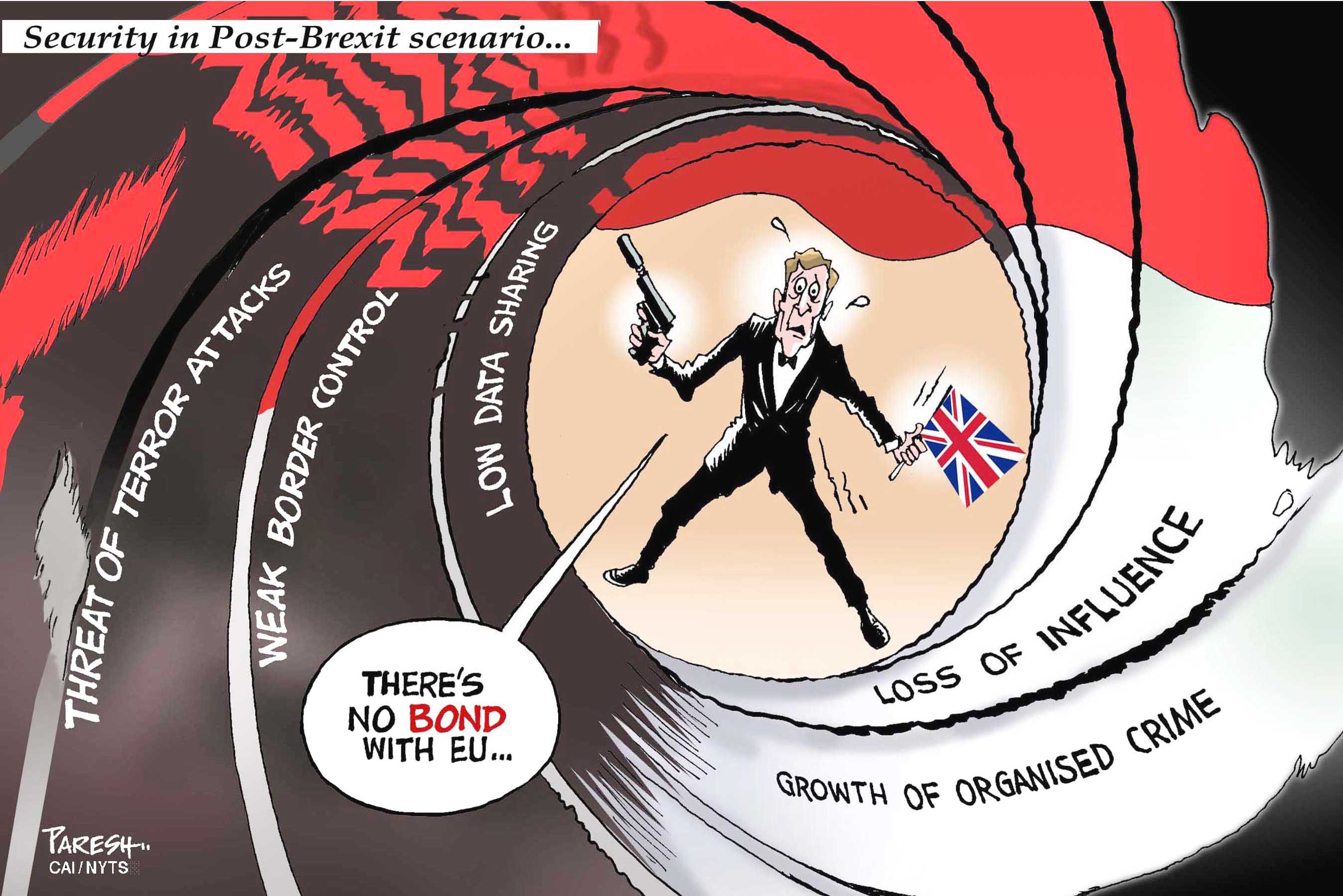The referendum on whether Britain should remain a member of the European Union or leave will be held June 23. Millions of words have been spoken and printed in the efforts by the advocates of both sides to woo the electorate. The debate has become increasingly acrimonious and personal. Assuming the decision to remain is agreed, the sooner it is all over the better.
The referendum was intended by Prime Minister David Cameron to take the issue of British membership out of British politics for a generation and settle a problem that was splitting his Conservative Party. It was promised in the party manifesto before the election last year. This was generally expected to lead to another coalition government in which the coalition partners might have prevented the referendum being called. There was no constitutional need nor any popular clamor for a referendum.
The referendum campaign has caused widespread uncertainty in the markets. It has also led to companies in manufacturing and services postponing investment decisions and deterred them from taking on additional staff. It has cost huge sums of money and caused valuable time to be lost. The economic damage caused by the referendum is a self-inflicted injury.


















With your current subscription plan you can comment on stories. However, before writing your first comment, please create a display name in the Profile section of your subscriber account page.